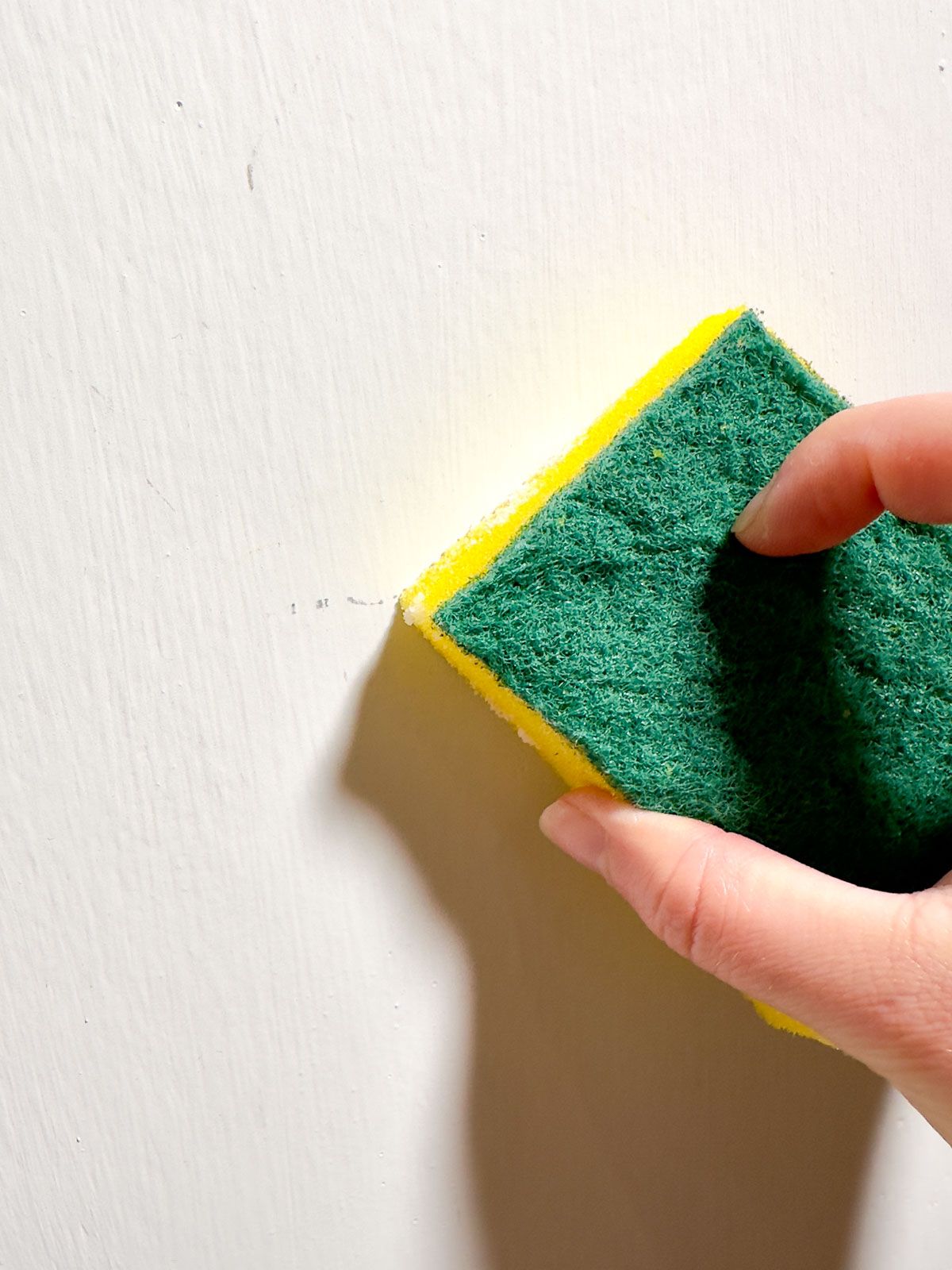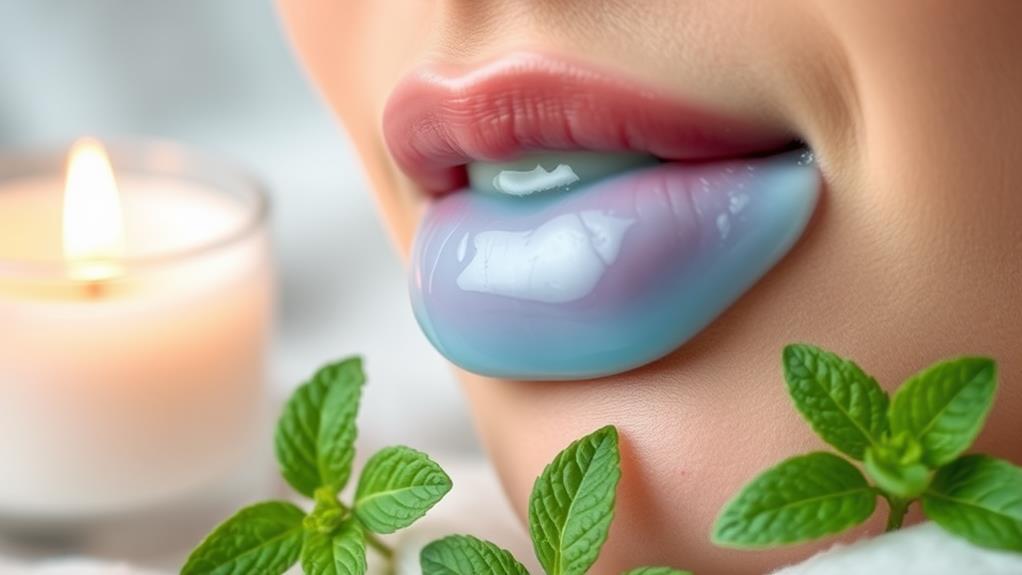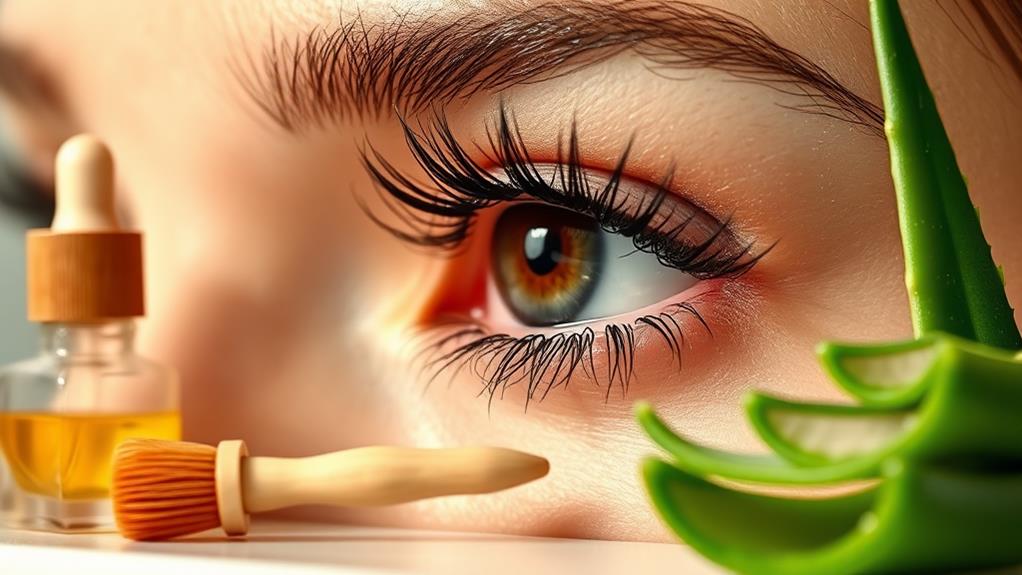If you're looking to restore that youthful glow to your face, understanding how to rebuild collagen is crucial. You might not realize just how important this protein is for skin elasticity and overall appearance. By following these seven straightforward steps, you can effectively enhance your skin's collagen production. From dietary choices to skincare routines, each step plays a critical role. But before you start, consider what specific changes could have the most significant impact on your skin's health and look. There's more to uncover about the best practices and their benefits.
Understand Collagen's Role
Collagen plays an essential role in maintaining your skin's structure and elasticity. This important protein acts like a support system, keeping your skin firm and youthful. Think of collagen as the glue that holds everything together.
When you're young, your body produces plenty of collagen, making your skin look smooth and vibrant. However, as you age, collagen production slows down, leading to wrinkles and sagging skin.
Understanding how collagen works can help you figure out ways to keep your skin looking its best. When there's enough collagen, your skin can bounce back after smiling or frowning. You might notice that when you pinch your cheek, it quickly returns to its original shape. That's the magic of collagen at work!
It's not just about looks; collagen also plays a role in healing. When you have a cut or scrape, collagen helps repair the skin.
Incorporate Collagen-Rich Foods
To boost your collagen levels, incorporating collagen-rich foods into your diet is a smart move. These foods can help your body produce more collagen, leading to healthier, firmer skin.
Start by adding bone broth to your meals. It's packed with collagen, and you can use it in soups or stews.
Don't forget about fish, especially salmon and tuna. They contain omega-3 fatty acids, which help support collagen production. Plus, they're super tasty!
Chicken is another great option, as it's full of connective tissue that's rich in collagen.
Eggs are a fantastic choice, too. The whites contain proline, an amino acid essential for collagen synthesis.
And if you love fruits and veggies, think about berries, citrus fruits, and leafy greens. They provide antioxidants that protect your skin, and they're delicious!
Nuts and seeds are also excellent additions. They've healthy fats and protein that can benefit your skin.
By enjoying a variety of these collagen-rich foods, you're giving your body the tools it needs to rebuild collagen naturally.
Use Vitamin C Boosters
Boosting your collagen production doesn't stop with diet; incorporating Vitamin C into your routine is just as important.
Vitamin C is a powerhouse when it comes to collagen synthesis. It helps your body produce more collagen, which can make your skin look firmer and fresher.
So, how can you add this vitamin to your daily life?
First, think about eating foods packed with Vitamin C, like oranges, strawberries, and bell peppers. You can also consider taking a Vitamin C supplement if you're not getting enough from your meals.
Another great option is using Vitamin C serums in your skincare routine. These serums can be applied directly to your skin, helping to brighten your complexion while promoting collagen production.
When choosing a serum, look for ones that contain L-ascorbic acid, as it's the most effective form of Vitamin C.
Don't forget to apply the serum consistently, ideally in the morning before your moisturizer. This little addition can make a big difference in your skin's health and appearance.
With these simple steps, you're on your way to boosting collagen and achieving that youthful glow!
Stay Hydrated
While you may focus on vitamins and supplements, staying hydrated is equally essential for maintaining your skin's elasticity and overall health.
Drinking enough water helps keep your skin plump and youthful. When you're well-hydrated, your skin can better fight off dryness, wrinkles, and other signs of aging.
So, how much water do you need? A good rule of thumb is to aim for eight 8-ounce glasses, which is about two liters a day.
However, this can vary depending on your activity level and climate. If you're active or live in a hot area, you might need even more!
You can also eat foods with high water content, like cucumbers, oranges, and watermelon, to boost your hydration.
Herbal teas and broths are great options too!
Adopt a Consistent Skincare Routine
Establishing a consistent skincare routine can make a world of difference in rebuilding collagen in your face. When you stick to a routine, your skin knows what to expect, which helps it stay healthy and vibrant.
Start by choosing gentle cleansers that won't strip your skin of its natural oils. Cleanse both morning and night to remove dirt and makeup, allowing your skin to breathe.
Next, consider incorporating serums rich in vitamins C and E. These vitamins help brighten your skin and support collagen production.
Don't forget to moisturize! A good moisturizer keeps your skin hydrated and creates a barrier to protect it from environmental stressors.
Exfoliating a couple of times a week can also be beneficial. It removes dead skin cells, revealing fresh skin underneath and encouraging new cell growth.
Explore Collagen Supplements
As you seek to enhance your skin's collagen production, exploring collagen supplements can be a worthwhile addition to your routine. These supplements often come in powder, capsule, or liquid form, making them easy to incorporate into your daily life.
You might find types like marine collagen, bovine collagen, or even plant-based options if you prefer a vegan choice. When choosing a supplement, look for those with high-quality ingredients and minimal additives.
Check for third-party testing to verify you're getting a product that's safe and effective. You can mix powdered collagen into your smoothies, coffee, or even yogurt for a tasty boost!
It's important to remember that results won't happen overnight, so be patient. Consistency is key! Many people start to see improvements in their skin's texture and elasticity within a few weeks.
In addition to supplements, drink plenty of water and eat a balanced diet rich in vitamins and minerals to support collagen production.
Protect Your Skin From Damage
To truly support your skin's collagen production, protecting it from damage is just as vital as any supplement you might take. Your skin faces daily threats like sun exposure, pollution, and harsh weather. So, let's make sure you're giving it the best care possible!
First, always wear sunscreen, even on cloudy days. This helps shield your skin from harmful UV rays that can break down collagen. Look for a broad-spectrum sunscreen with at least SPF 30.
Next, try to minimize your exposure to pollutants. If you live in a busy area, consider using a gentle cleanser that can wash away dirt and toxins.
Hydration is also important! Drinking enough water keeps your skin plump and helps it recover from damage.
On top of that, don't forget about antioxidants. Foods rich in vitamin C, like oranges and strawberries, can help fight free radicals that harm collagen.





